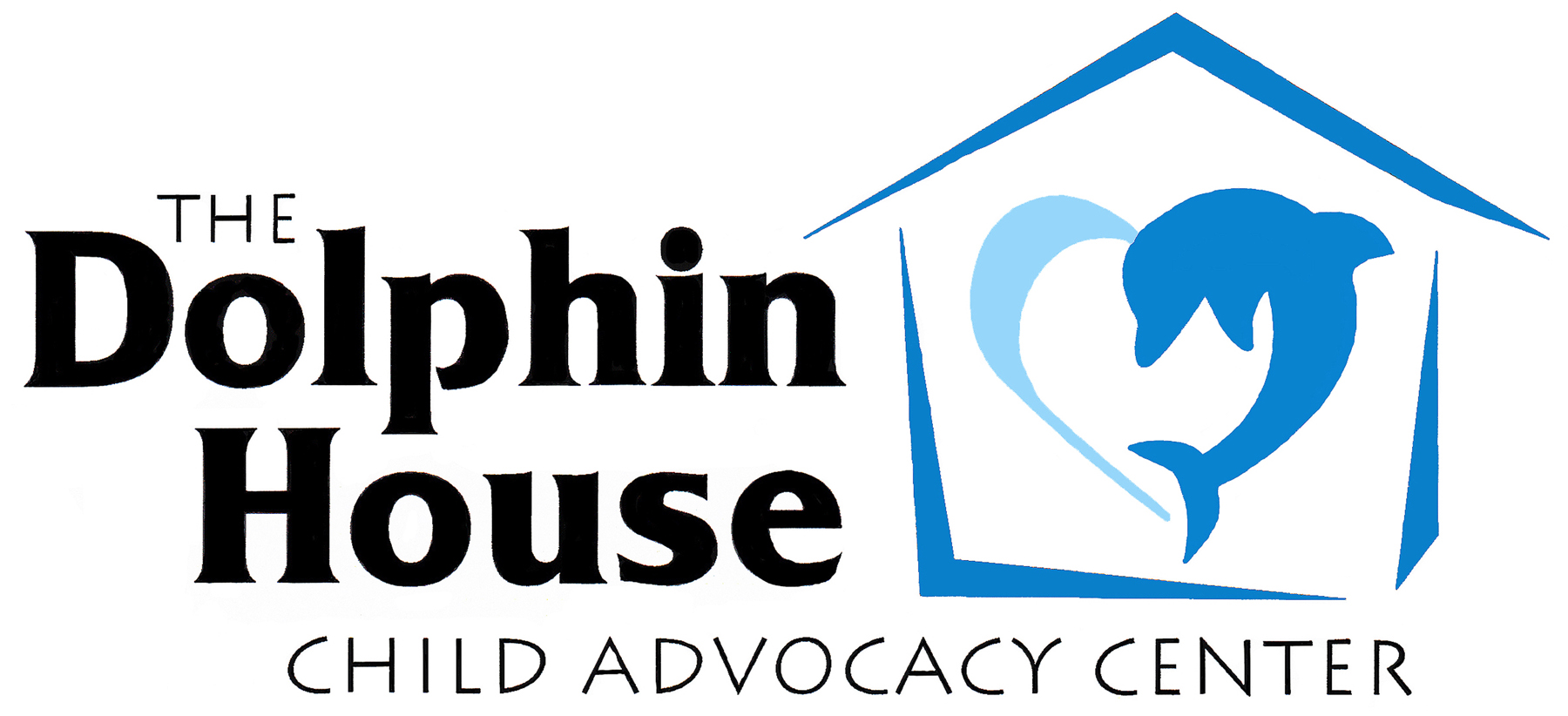Children who experience a trauma (such as a car accident) have reactions that may include denial, fear, anger, guilt, sadness, and confusion. These reactions are part of the normal recovery process. You can help your child by showing acceptance of her feelings, reassuring her that she is safe now, and by being consistent with your discipline and expectations, so that she will feel secure. You may observe some of the following behaviors:
- Sleep Disturbance. Your child may sleep fitfully, talk in sleep, have nightmares, scream, cry out, etc. When s/he awakens, he might need consoling and reassurance. Even though s/he may not recall what s/he was dreaming, s/he was probably remembering and reliving the accident. This is normal, and how our minds resolve traumatic events. Reassure your child that s/he is safe; tell him that s/he just had a bad dream about the accident, but it’s all over now. In the child’s waking hours, encourage the child to talk about the accident – tell the story over and over. If s/he doesn’t remember, you can about it and explain what happened. It’s important to talk about this to help normalize it. Many parents do not know this and are afraid to make their child think about it as it is unpleasant. However, then the child is left to deal with the memories all alone. Get the child to share it with you even if it is hard for you to hear.
- Guilt. Some children think they have been bad and that is why the accident happened. Most children feel guilty about something they have done or thought about. Though unrelated, they think the accident is punishment. Tell your child that s/he is not a bad person, that s/he is not being punished. Reinforce this often.
- Acting Younger. Some children become frightened and afraid to be alone. Some children regress – act younger than their age. This is also normal. Give your child love and reassurance, but do not change drastically how you treat the child. Understand that s/he feels ill and may be younger acting, but do not let the child “get away” with behaviors you normally would not tolerate. Otherwise, your child will get the message that you believe something is wrong with her/him.
- Fear. Some children will continue to be afraid of things they associate with the accident, e.g., cars, the driver of the car. Gently, together, in small steps, increase their exposure to these things. Talk about each step along the way.
Your Feelings. Sometimes parents will feel guilty and responsible. Remember, it is not your fault either. Parents can never watch their children at all times. Do not spend your energy feeling guilty and trying to make it up to your child. This is the time to be focusing on your child’s feelings, and helping her/him recover. If your feelings persist, and get in the way of helping your child, seek the support of another adult or a professional.
Adapted from The Child Trauma Institute
